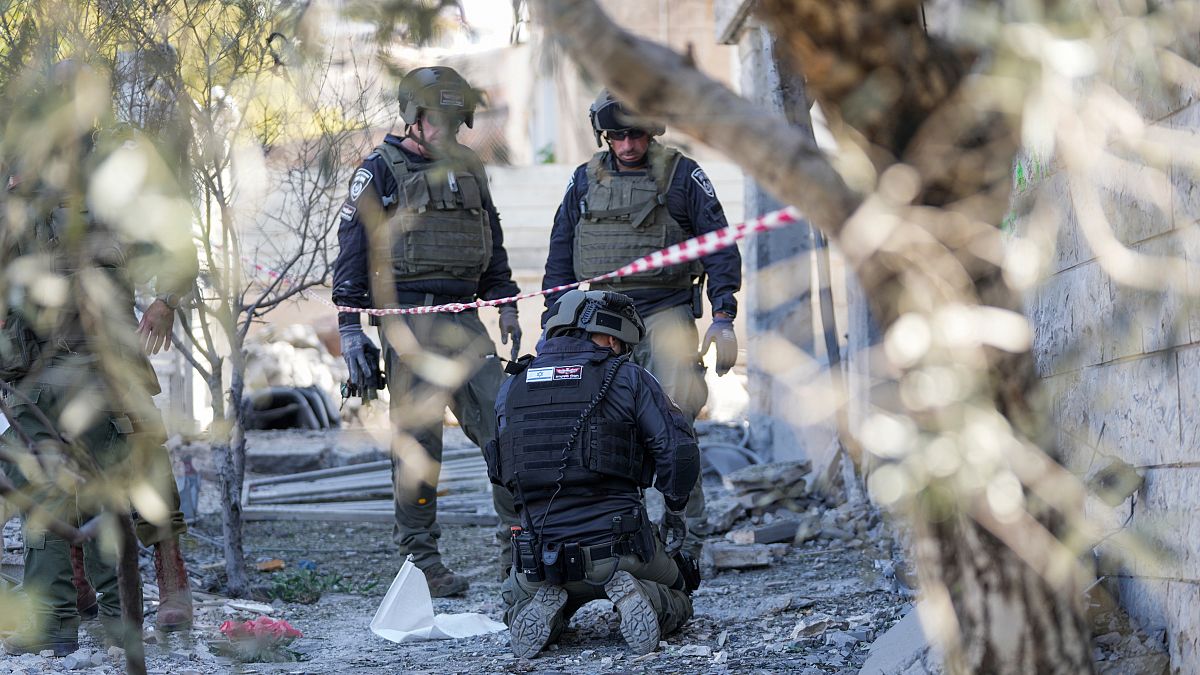The recent series of deadly attacks in Israel, the deadliest since the military invaded southern Lebanon in October, has increased tensions in the region. These attacks, which targeted northern Israel, resulted in the deaths of seven people, including four foreign workers. The violence coincided with the presence of top US diplomats in the region, who were pushing for ceasefires in Lebanon and Gaza in an effort to de-escalate the conflicts in the Middle East, as the Biden administration approaches its final months in power.
As pressure mounts ahead of the US election on 5 November, Israeli military airstrikes in Lebanon have intensified, resulting in the deaths of at least eight people. Additionally, on the same day, an Israeli raid in the occupied West Bank killed three individuals, according to Palestinian authorities. The Israeli military justified its actions by stating that it was targeting militants in the Nur Shams refugee camp area, which has been a site of ongoing clashes in recent months. The military also claimed to have eliminated a Hamas militant involved in planning attacks against Israelis.
Hezbollah, under its new leader Naim Kassem, has vowed to continue fighting in its conflict with Israel until ceasefire terms that it considers acceptable are offered. This ongoing state of conflict has led to the displacement of around 1.2 million people in Lebanon, with over 2,800 deaths and 12,900 injured since October of the previous year when Hezbollah began firing rockets into Israel, leading to retaliatory strikes from Israeli ground forces in southern Lebanon.
The current escalation of violence began on 8 October 2023, when Hezbollah started firing on Israel in support of Hamas in Gaza. What initially started as intermittent cross-border fire quickly escalated into a full-blown military conflict, with rockets being launched into Lebanon by Israeli forces. The situation remains volatile as both Israel and militant groups like Hezbollah continue to engage in violent conflicts, leading to further civilian casualties and displacement in the region.
As the international community seeks to broker ceasefire agreements and end the violence in the Middle East, the situation in Israel and Lebanon remains precarious. The presence of US diplomats in the region underscores the urgency of finding a peaceful resolution to the conflicts, as the impact of continued violence on civilians in the region continues to escalate. The need for dialogue and diplomacy to address the root causes of the conflicts and prevent further loss of life is paramount as the region grapples with the devastating consequences of ongoing hostilities.










